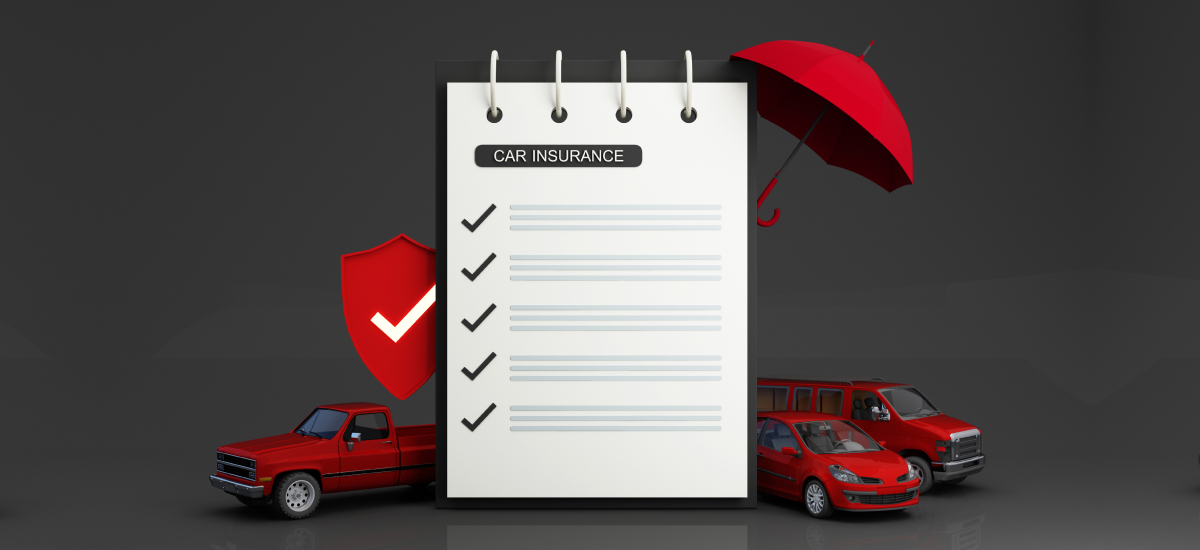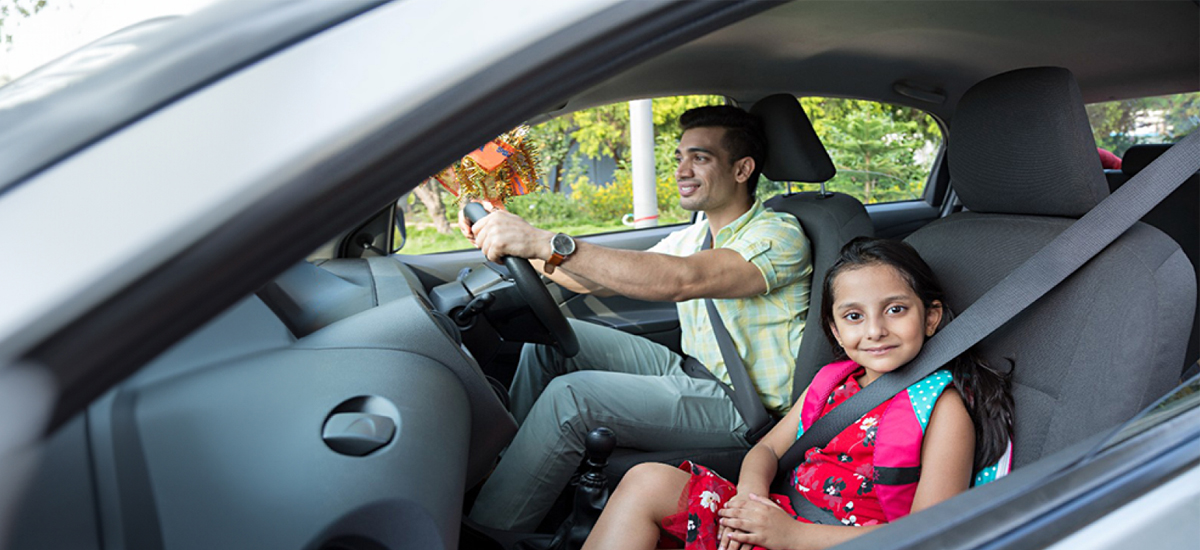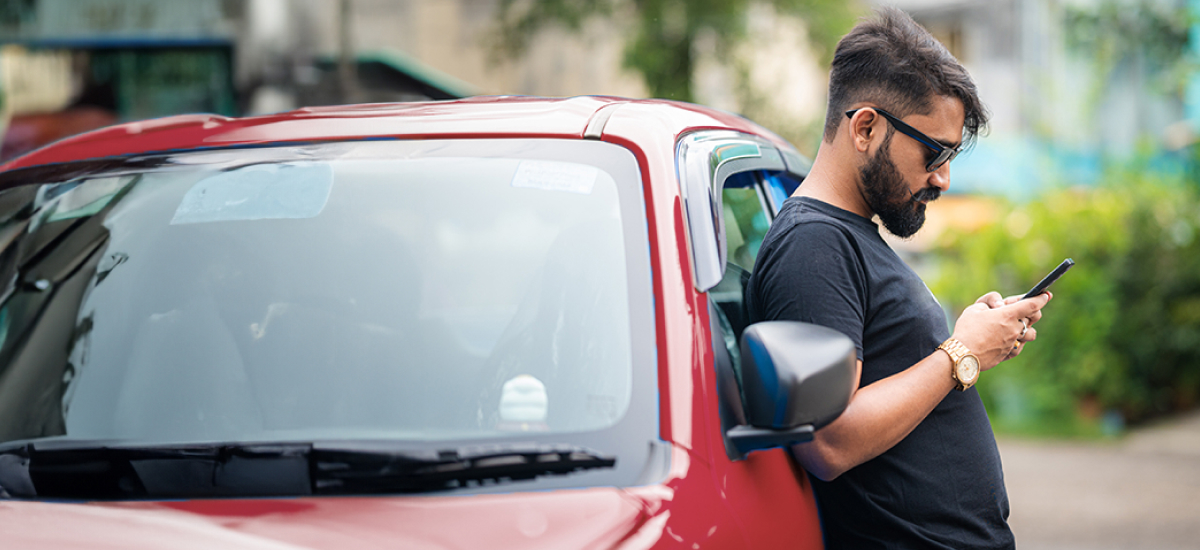As a responsible vehicle owner, ensuring the safety of yourself and others on the road should be a top priority. In India, the law requires all vehicle owners to have third-party car insurance. Despite this legal requirement, some car owners choose to forgo this coverage, either to save money or due to a lack of understanding about its importance. However, the consequences of not having third-party insurance can be severe, both financially and legally. In this article, we will explore the reasons why having third-party car insurance is essential and how it can protect you in the event of an accident.
What is third-party car insurance?
Third-party car insurance is a type of insurance policy that covers financial liabilities arising from damages or injuries caused to a third party by the insured vehicle. The term "third party" refers to someone other than the two parties involved in the insurance contract – the policyholder and the insurance provider. This type of insurance specifically addresses damages to property, bodily injuries, or fatalities caused to individuals other than the policyholder.
Key features of third-party car insurance in India include:
· Legally mandatory for all vehicles under the Motor Vehicles Act, 1988.
· New cars must have coverage for three years at the time of purchase; old cars can have annual coverage.
· Premium rates are fixed by the Insurance Regulatory and Development Authority of India (IRDAI) and are the same across insurers.
· The price of third-party car insurance depends on the car's cubic capacity and usage type (private or commercial).
· Discounts are available for vintage and hybrid cars.
What does third-party car insurance cover?
A third-party car insurance policy provides coverage for the following scenarios:
· Damage to another vehicle
· Damage to property
· Injury or death of individuals (third parties)
If the insured car causes damage or injury to a third party in an accident, the third-party liability policy will cover the financial losses borne by the third party. It protects the policyholder against legal compensation claims that may arise from third parties who suffer loss in an accident involving the insured car.
It is important to note that third-party liability car insurance only fulfils the legal requirement but does not provide comprehensive coverage for the policyholder's vehicle or personal injuries.
Benefits of having third-party car insurance
Having third-party car insurance will protect you from unwanted and uncertain risks that might put a hole in your pocket.
1. Legal Compliance and Protection
The primary importance of third-party car insurance lies in its ability to ensure legal compliance and provide financial protection against liabilities arising from accidents involving third parties. In India, driving without valid insurance can result in severe penalties, including substantial fines and even imprisonment.
2. Financial Protection
One of the primary objectives of third-party car insurance is to protect the policyholder from financial liabilities in the event of an accident. Without this coverage, the policyholder would be personally responsible for bearing the costs of any harm or injuries inflicted on third parties. The financial repercussions of accidents can be substantial, particularly if they involve severe injuries or extensive property damage.
3. Legal Action and Court Cases
In the event of an accident where the policyholder does not have third-party insurance, the injured party can take legal action against the policyholder for compensation. Legal proceedings can be lengthy, stressful, and expensive. Even if the court finds the policyholder not responsible, legal expenses can be substantial.
4. Peace of Mind
Having third-party car insurance provides peace of mind, knowing that financial obligations arising from third-party claims will be addressed. It offers a sense of security and responsibility, safeguarding the policyholder from potential financial burdens.
5. Impact on Car Ownership and Future Insurance
Driving without third-party car insurance can have lasting effects on the policyholder's future as a vehicle owner. If caught driving without insurance, the policyholder's driver's licence could be suspended, prohibiting them from driving any vehicle until the suspension is lifted. Furthermore, a history of non-compliance with insurance laws can negatively influence future dealings with insurance companies.
How to claim third-party insurance
In the event of an accident involving a third party, follow these steps to claim your third-party car insurance:
1. Inform the Police
Immediately inform the local police about the accident and file an FIR (First Information Report). Obtain a copy of the FIR, as it will be required when filing the insurance claim.
2. Inform Your Insurance Provider
Contact your insurance company as soon as possible and inform them about the accident. Provide them with the necessary details, including the date, time, location, and a brief description of the incident.
3. Submit Required Documents
To process your claim, the insurance company will require certain documents, such as:
· Copy of the FIR
· Copy of your driving licence
· Copy of your car's registration certificate (RC)
· Duly filled and signed claim form
4. Cooperate with the Investigation
The insurance company will assign an investigator to assess the accident and determine the extent of the damage and injuries. Cooperate with the investigator and provide any additional information or documents they may require.
5. Settlement of the Claim
Once the investigation is complete, the insurance company will settle the claim with the third party. The compensation will be paid directly to the third party, up to the maximum liability limit specified in your third-party insurance policy.
Final thoughts
Third-party car insurance is not merely a legal requirement but a crucial aspect of responsible vehicle ownership. It provides essential financial protection against liabilities arising from accidents involving third parties. The importance of third-party insurance lies in its ability to safeguard policyholders from potentially devastating financial burdens and legal consequences. Moreover, having third-party car insurance offers peace of mind, knowing that unexpected incidents on the road will not result in personal financial ruin. It allows drivers to operate their vehicles with greater confidence and responsibility.
As a responsible driver, it is essential to prioritise obtaining third-party car insurance and to renew it regularly. By doing so, policyholders contribute to creating a safer and more accountable driving environment for everyone on the road. If you are looking to insure your car at competitive rates, visit Generali Central for various car insurance policies and choose the one that fits you the best.
FAQs
1. Is third-party car insurance mandatory in India?
Yes, third-party car insurance is mandatory for all vehicles in India under the Motor Vehicles Act, 1988.
2. What is the price of third-party car insurance?
The price of third-party car insurance is fixed by the IRDAI and depends on the car's cubic capacity and usage type.
3. Does third-party insurance cover damages to my own car?
No, third-party insurance only covers damages or injuries caused to third parties. It does not cover damages to your own vehicle.
4. How long is a third-party car insurance policy valid?
For new cars, third-party insurance must be purchased for three years. For old cars, it can be renewed annually.
5. Can I purchase third-party car insurance online?
Yes, many insurance companies offer the option to purchase third-party car insurance policies online, making the process convenient and hassle-free.


























